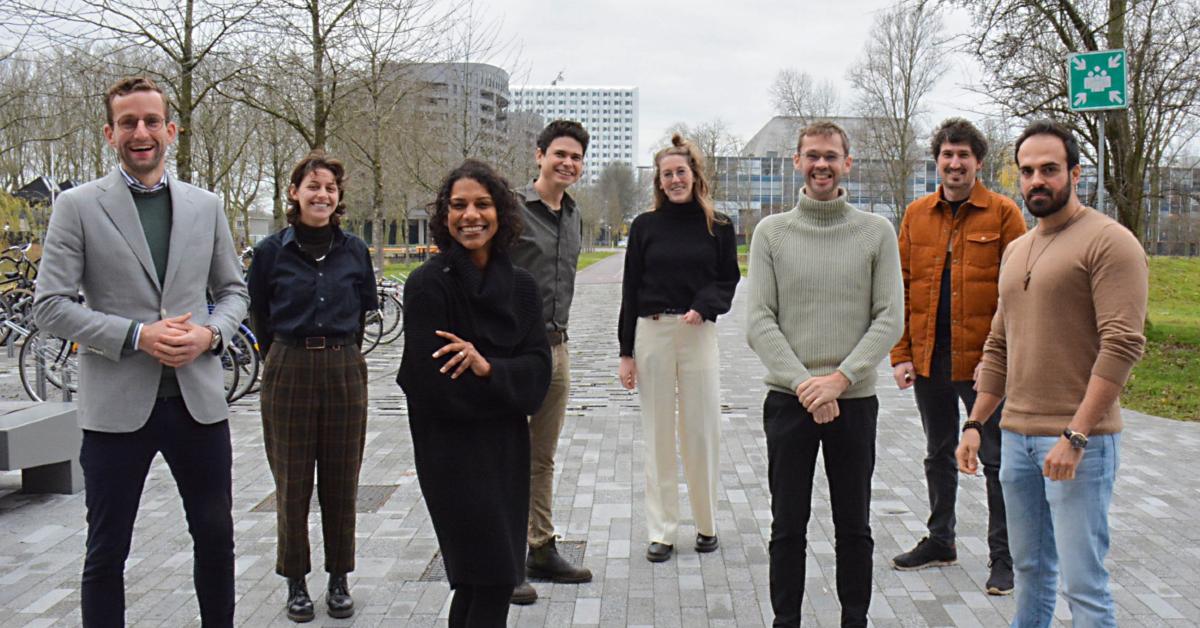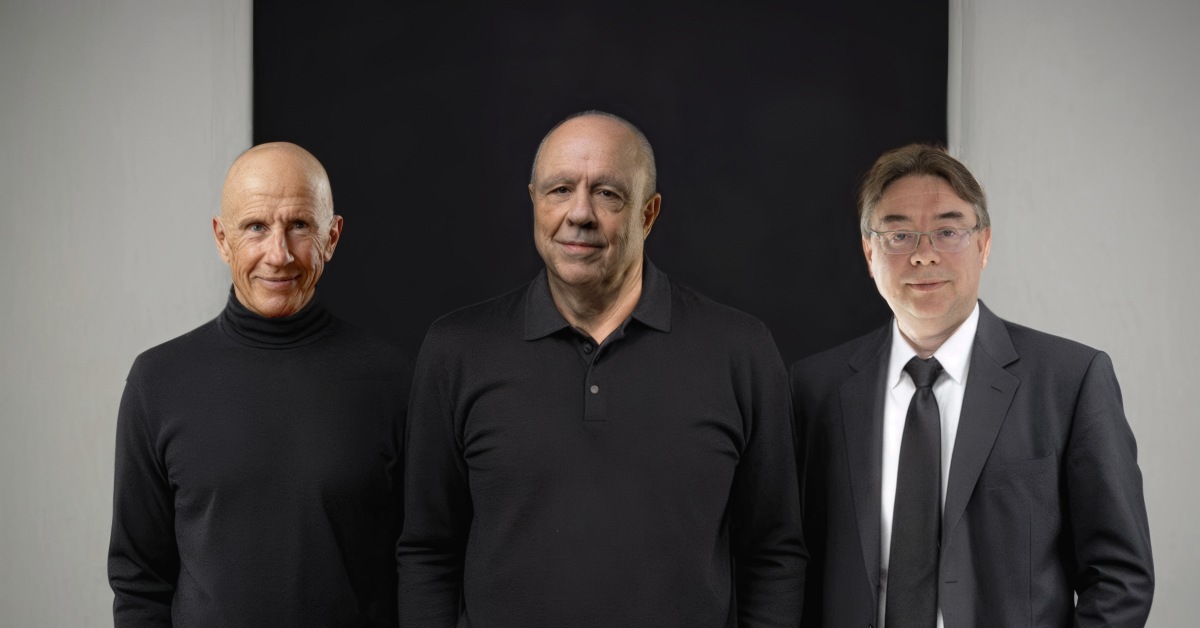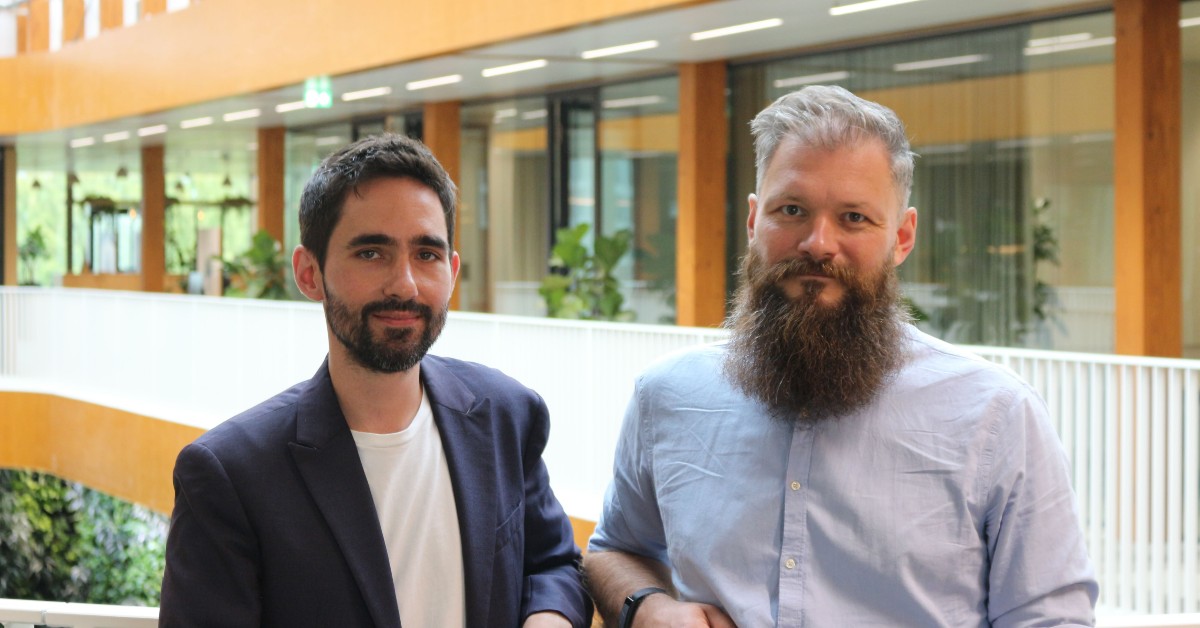The Dutch Senate, on Tuesday, December 19th, agreed to a motion proposed by VVD, D66, BBB, 50Plus, JA21, and CDA to urge the Cabinet to revisit the decision to scale down the 30 per cent rule.
This decision is in response to concerns about the negative impact of the cutback on attracting international talent. It is crucial for startups and scale-ups where this rule plays a crucial role in recruitment, claims DSA.
DSA (Dutch Startup Association) has been actively engaged in discussions with the Senate along with other stakeholders to highlight why this rule is vital for entrepreneurs in finding talent and expanding their organisations.
The announcement comes after the Dutch House of Representatives voted in favour of two amendments to change the existing 30 per cent tax ruling framework on October 26, 2023,
These changes follow a decision to cap the max salary eligible for 30 per cent ruling.
Any income exceeding €233,000 p.a. is ineligible for this tax-free allowance for employees starting in 2023, effectively.
What is the 30 per cent ruling?
The 30 per cent ruling is a tax advantage offered to employers in the Netherlands who hire highly skilled migrants.
It allows them to reimburse a portion of their employees’ salary tax-free, specifically to cover the additional costs incurred due to their relocation.
This particular ruling has been instrumental in attracting and retaining talented individuals from abroad, contributing to the growth and success of businesses operating in the country.
Changes in the 30 per cent ruling
The changes aim to reduce the tax-free reimbursement percentage over five years.
Under the new regulations, employers will be able to pay 30 per cent of the salary tax-free for the first 20 months, followed by a reduction to 20 per cent for the subsequent 20 months, and finally down to 10 per cent for the remaining 20 months.
Eligibility and conditions
However, to qualify for the 30 per cent ruling, employers and employees must meet certain criteria.
Employers must be based in the Netherlands and employ skilled migrants from abroad.
These migrants must possess specific talents or special knowledge that is scarce in the Dutch labour market.
Additionally, the employee’s annual taxable salary must exceed a certain threshold, which is adjusted annually.
Registering for the 30 per cent ruling
Employers who wish to benefit from the 30 per cent ruling must register their employees with the Dutch Tax and Customs Administration.
This registration process ensures that the employer is recognised as a user of the 30 per cent facility, allowing them to take advantage of the tax benefits.
The registration must be completed annually, and employers have the option to choose between applying the 30 per cent rule or reimbursing the actual extraterritorial expenses.










01
From telecom veteran to Dutch Startup Visa success: The Jignesh Dave story